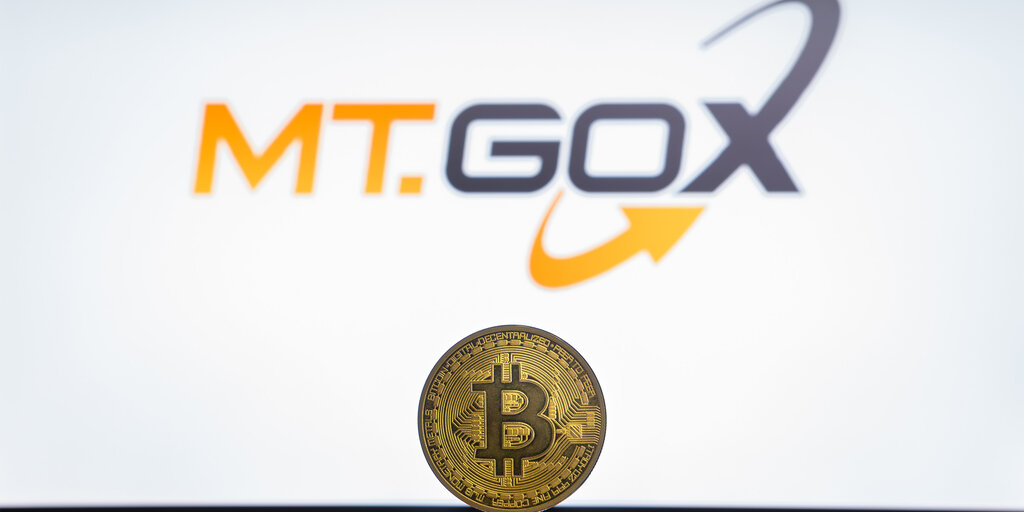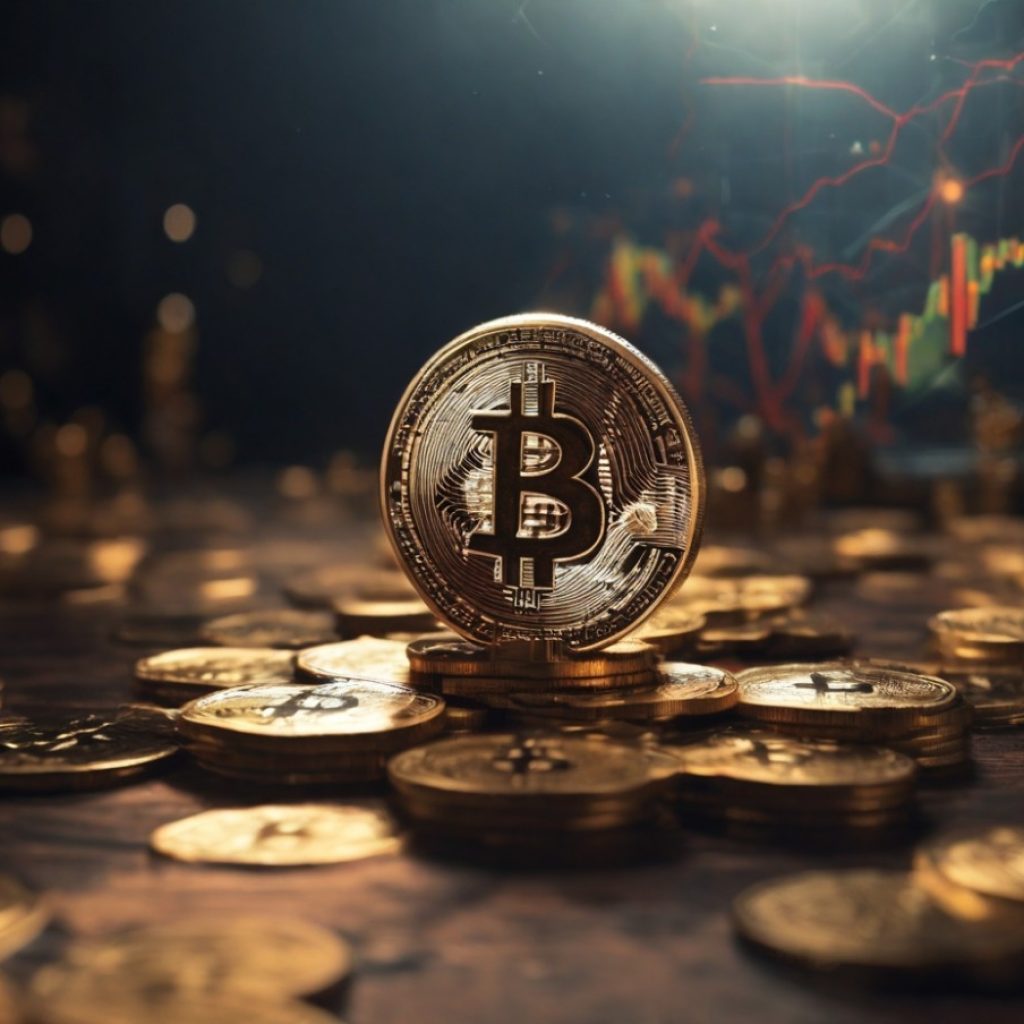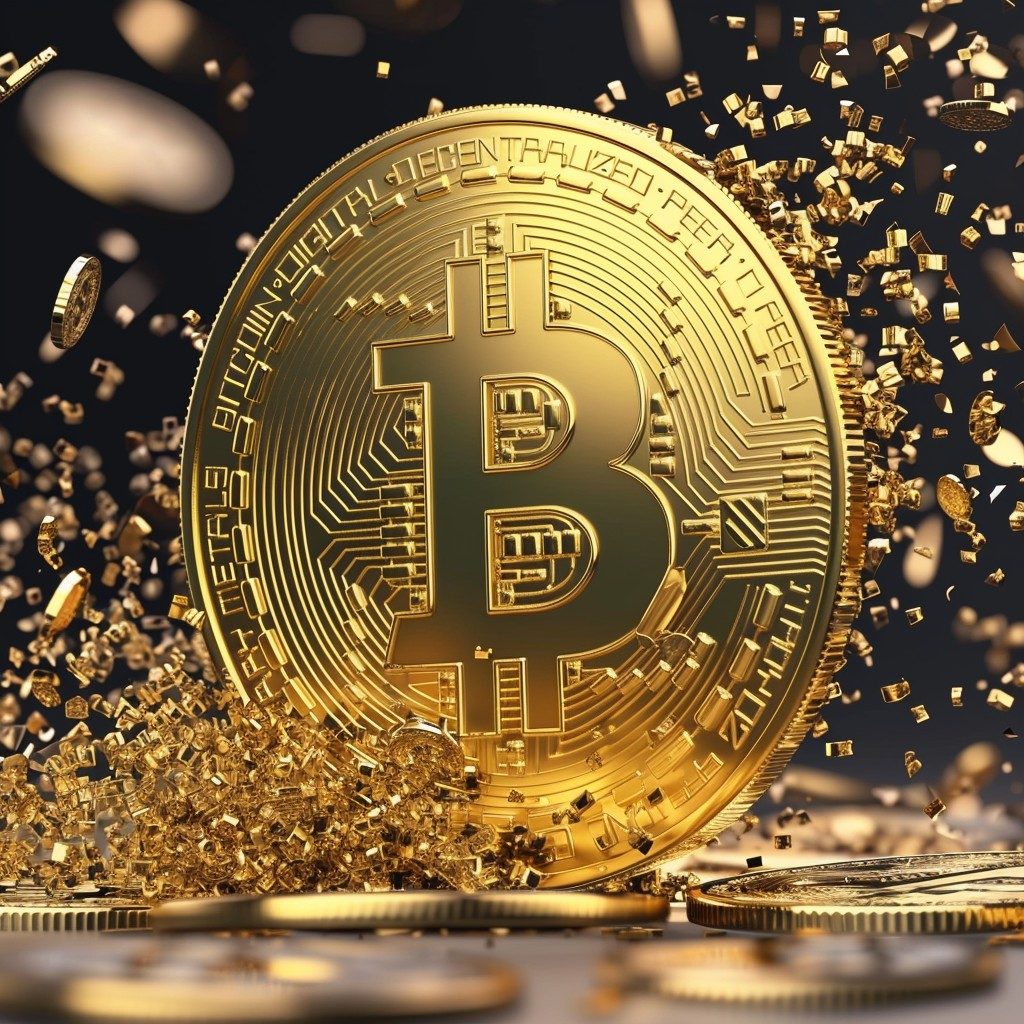Breaking through barriers like it’s nobody’s business, Bitcoin’s price has reached a jaw-dropping $72,504 in South Korea. This recent spike was captured on the afternoon of March 5th at precisely 3:00 pm (UTC) on Upbit—South Korea’s top crypto exchange.
This spike was also accompanied by the infamous “Kimchi Premium,” a term that’s become almost as popular as Bitcoin itself in the industry. This premium refers to the price gap between South Korean exchanges and their global counterparts, something that has gotten incredibly popular since early February. The Korea Premium Index, a measure of this gap, jumped from 5.19 on February 28th to a solid 6.84 by March 5th, as tracked by CryptoQuant.
But why the sudden surge? Look no further than the United States, where institutional demand has been pushing Bitcoin’s price northward. Analysts like Ho Chan Chung from CryptoQuant highlight that while U.S. investors have been piling into Bitcoin ETFs, South Korea’s price surge is largely driven by retail investors, given the absence of spot Bitcoin ETFs in the country.
Rewinding to 2016, when the Kimchi Premium was first identified, we’ve seen this phenomenon highlight the regional disparities in Bitcoin pricing. The premium reached staggering heights during the 2017 bull run, with South Korean exchanges trading Bitcoin at nearly 50% higher than their global counterparts. Fast forward to 2021, and we witnessed the premium peak at 21.56% in May.
Arbitrage traders have been keen to exploit these price differentials, though the persisting premium points to underlying market inefficiencies, especially noticeable during uptrends. South Korea’s financial watchdogs, aware of the growing crypto fervor, are now flirting with the idea of introducing spot Bitcoin ETFs. Such a move could potentially harmonize the price disparities. The Financial Supervisory Service’s governor, Lee Bok-hyun, has hinted at ongoing discussions, although the nation remains cautious, with a keen eye on the volatile nature of cryptocurrencies.
As of this writing, Bitcoin is trading at approximately 93,800,000 KRW ($70,000) on Upbit, while the global markets hover around $65,000. Bitcoin’s market cap also reached a historic $1.35 trillion on March 5th, momentarily positioning it as the eighth-largest asset worldwide, overtaking silver. This landmark event came hot on the heels of Bitcoin’s highest daily close of $69,245 on March 4th, surpassing its previous record set in November 2021.
Analysts are bullish, with some predicting that Bitcoin’s price could hit the $100,000 mark before 2024 wraps up. The confidence stems from the recent approval of spot Bitcoin ETFs in the U.S., which has injected a fresh dose of optimism into the market. February saw Bitcoin surge by an impressive 44%, a testament to the growing investor confidence and institutional buy-in.
The Bitcoin futures market has also witnessed a surge in open interest, indicating a strong investor conviction in the ongoing rally. With figures surpassing the previous highs of November 2021, the market’s buoyancy is palpable. Furthermore, MicroStrategy’s announcement to raise $600 million to purchase more Bitcoin underscores the corporate world’s growing appetite for digital currencies.





